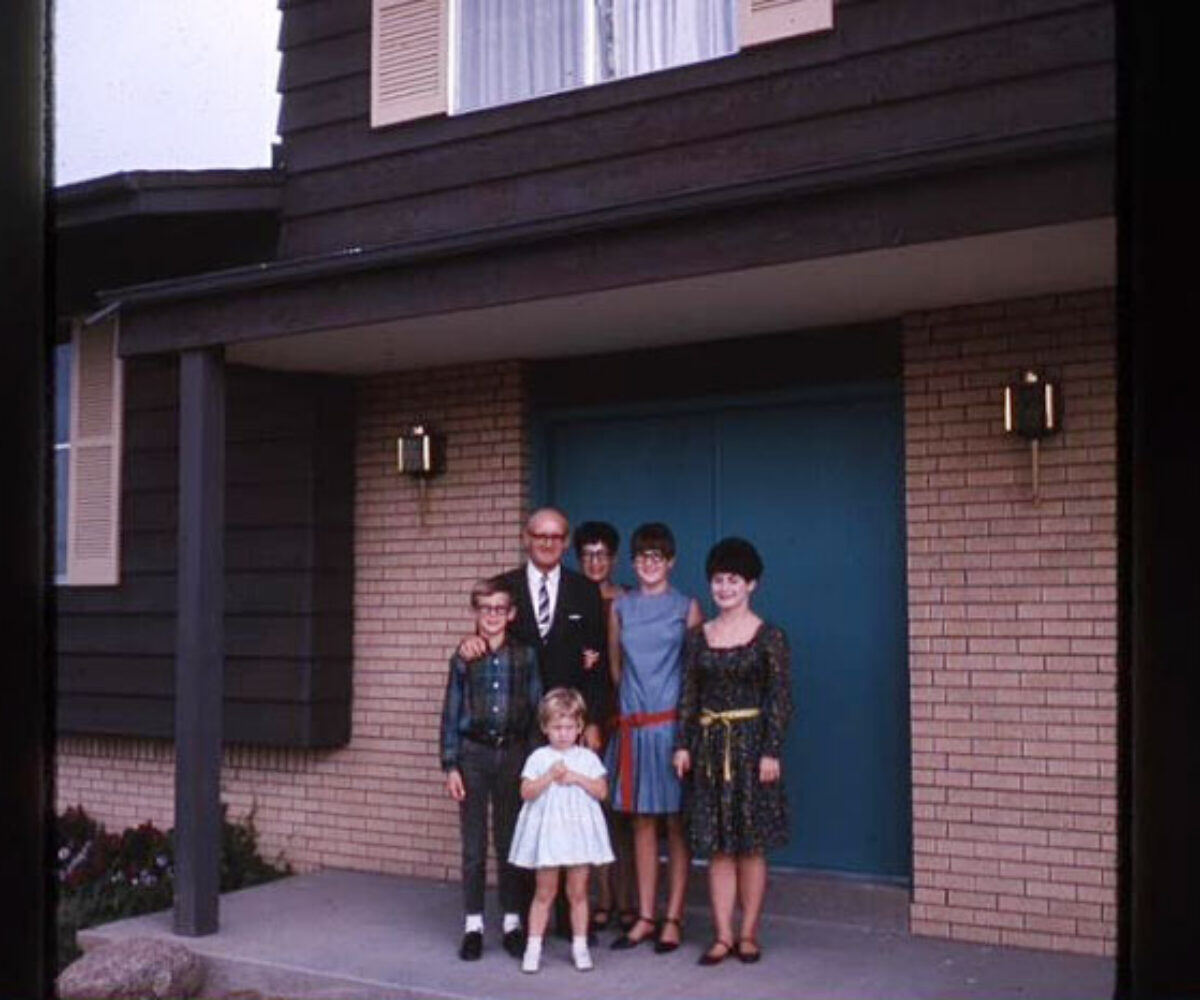5 Ways Home Builders Cut Corners on New Homes

True story: When my parents moved to Denver in the mid ’60’s they decided to build a new home. They were moving from a small town in Missouri, and I think that their builder saw them coming a mile away–nice couple moving to The Big City, who wouldn’t know any better if he installed 2″ insulation instead of 4″ insulation (among many other things). Little did he know that my father had built our home in Missouri and knew quite a bit about building himself. It’s too bad that Sheffield Homes wouldn’t come along for another 13 years so that we could have started out with a solid, well-built home, but thankfully–as the years passed–my dad with his handiwork was able to turn this little tract home into a solid structure.
Sadly, less-than-honest builders are still around today. How do you spot one? What do you do to avoid one? Watch for these signs:
5 Ways Home Builders Cut Corners on New Homes
1. Substituting Cheaper Materials
It’s hard to imagine the insulation scenario above making it past municipal inspectors today, but there are certainly other ways builders can substitute less expensive materials. Not all granite, for instance, is considered equal. A builder may show you one sample and install something slightly different (cheaper) hoping that you either won’t notice, or that if you do you won’t want to slow the project’s progress by having to go to the trouble of taking out the granite, waiting for new, and then reinstalling it. The same goes with underlayment materials in flooring, roofing, and in other areas you don’t see.
2. Hiring Unskilled Laborers
Does your builder work with a trusted team of tradespeople with whom he has established relationships, or is there a continual round of revolving door workers? Often it’s less expensive for a builder to hire day-laborers than it is to subcontract with licensed trades.
3. Skipping Crucial Steps
Feeling pressured by anxious homebuyers, or by the need for immediate income can lead less reputable builders to rush the construction process, skipping crucial steps in the process, which can lead to eventual problems down the line. While keeping to the construction schedule is important in the building process, is it equally vital to take the time necessary for each step along the way.
4. Installing Inadequate Systems
Some builders may show a grand house but have little to back it up when it comes to the underlying systems in place. What good is a 3,000 sq. ft. home if the furnace and/ or air conditioner is too small to keep that amount of space comfortable? What about the size of the hot water heater? Don’t get so caught up in the beauty of the “gourmet kitchen” that you neglect to investigate what’s included in the home’s mechanical systems.
5. Oversight
What kind of job oversight does your builder intend to offer? Will there be a dedicated job superintendent that you can call when you have questions or concerns, or is it more of a vague, unknown entity? While you don’t want to be overbearing, you–as the buyer–do want to develop a healthy working relationship with the person in charge of directing the work on your new home.
/Sheffield_Logo_Horizontal_Reversed.png)


